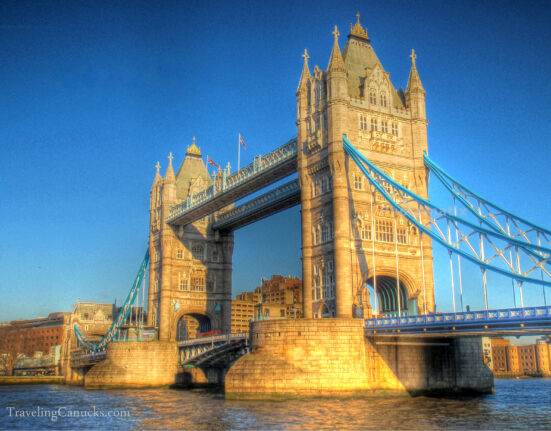In the heart of Europe, in the bustling city of Brussels, a storm was brewing. The transatlantic trade relations between the United States and the European Union were entering a turbulent phase under President Trump’s administration. The iconic city known for its waffles, chocolates, and rich history found itself at the center of a heated trade war.
As tensions escalated across the Atlantic, experts closely monitored the unfolding developments. One economist noted,
“Trade wars have far-reaching implications beyond just economic consequences. They can strain diplomatic ties and reshape global alliances.”
The intricate web of tariffs and counter-tariffs imposed by both sides sent ripples through various industries on both continents. Businesses in Europe that heavily relied on exports to the US braced themselves for potential losses, while American companies faced retaliatory measures from their European counterparts.
A trade analyst remarked on the complexity of such conflicts, stating,
“Trade disputes are not simply about numbers on a balance sheet; they impact jobs, consumer prices, and overall economic stability.”
Amidst this uncertainty loomed a sense of urgency as negotiations between Washington and Brussels faltered. The looming threat of further escalation cast a shadow over transatlantic cooperation and raised concerns about the future trajectory of global trade dynamics.
Against this backdrop of uncertainty and apprehension stood resilient voices calling for dialogue and compromise. A seasoned diplomat emphasized the importance of open communication channels, saying,
“Effective dialogue is key to resolving differences amicably and preserving long-standing partnerships.”
As businesses on both sides adapted to this new reality of heightened trade tensions, discussions reverberated within political circles about finding common ground. The stakes were high as leaders navigated delicate diplomatic waters while safeguarding their respective interests.
The clock ticked ominously as policymakers grappled with finding an equitable solution that would defuse escalating hostilities. The outcome remained uncertain as stakeholders awaited decisive actions from key decision-makers in Washington and Brussels.
In Brussels – a city steeped in tradition yet embracing modernity – whispers of hope mingled with apprehension as observers pondered the path forward amidst an increasingly volatile global economic landscape.
The saga continued to unfold against a backdrop where intricately woven trade relationships faced unprecedented challenges requiring nuanced solutions that balanced competing interests while upholding principles of fair competition.
As dusk settled over Brussels’ cobblestone streets and ornate architecture silhouetted against the sky, one thing remained certain – navigating Trump’s trade war with Europe would require strategic finesse and unwavering resolve to safeguard mutual prosperity amid turbulent times.









Leave feedback about this